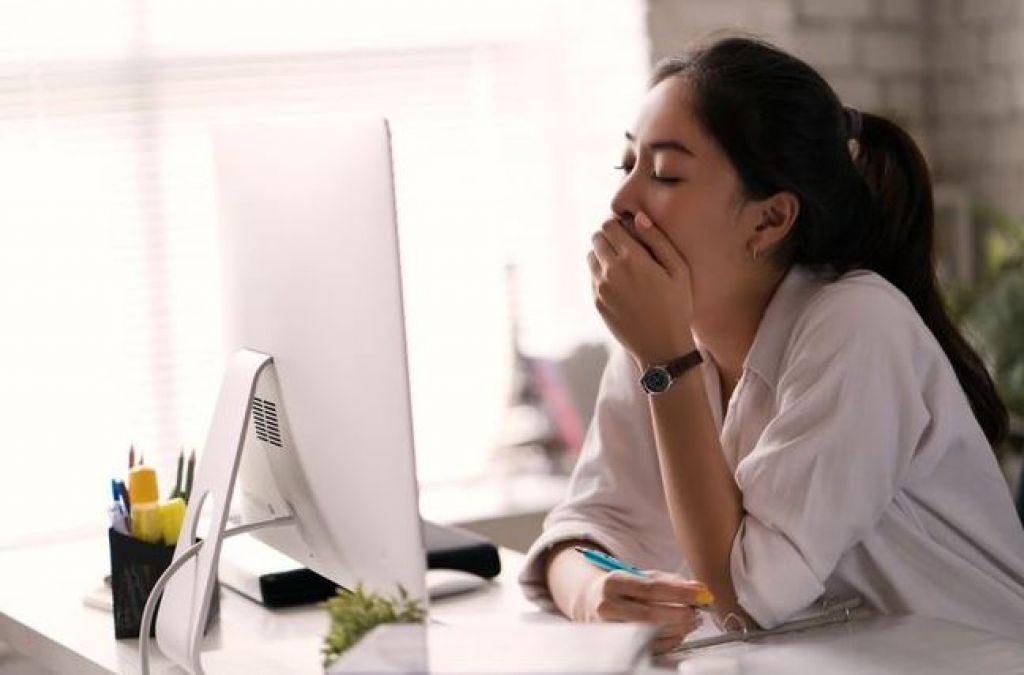Sleep Deprivation: What it is and the Residual Effects

Getting the recommended seven to nine hours of sleep each night may seem like a long lost memory, let alone a luxury. But not getting enough sleep is known to have health consequences. Accumulating research suggests that sleep deprivation, even in the short term, could pave the way for anxiety, weight gain, insulin sensitivity, stroke and heart disease, memory impairment, hypertension and, well, you get the picture. Sleep deprivation is not okay.
An estimated 30 million Americans are not getting enough sleep. The Centers for Disease Control and Prevention (CDC) report “insufficient sleep as a public health epidemic”.
Sleep Deprivation Vs. Sleep Deficiency
While you may think that sleep deprivation and sleep deficiency are one in the same, in reality they are quite different. Sleep deprivation is actually a condition, which results from not getting enough sleep.
Sleep deficiency, on the other hand, is a much more comprehensive concept. You have a sleep deficiency if you don’t get enough sleep, you sleep at times when you shouldn’t be sleeping, you sleep poorly, you have a sleep disorder, or one or more of these conditions.
Symptoms of Sleep Deprivation
Because sleep is one of human’s basic needs, sleep deprivation can result in many undesirable effects, besides increasing the risk to the health-related conditions mentioned earlier.
- Dark under eye circles and bags under eyes (periorbital puffiness)
- Confusion and memory lapses
- Headaches
- Irritability
- Excessive Yawning
- Fatigue and malaise
- Depression
- Hallucinations
- Cognitive Impairment
- Decreased performance in work, school, or home
- Drowsy driving leading to vehicle accidents
- Occupational accidents and injuries
In other words, getting enough sleep plays an important role in our physical health, mental health, safety, and overall quality of life.
Remedies for Sleep Deprivation
The first step to combat sleep deprivation is to become aware that you have it. Next, is to practice good sleep hygiene, which is the promotion of good sleep habits. A few things you can do when you are sleep deprived are:
- Go to bed early enough that you can get seven to eight hours of sleep (or nine if that is what you need to feel your best).
- Go to bed and get up the same time every day.
- Avoid sleep robbers, like caffeine, alcohol, and eating too late and too much before bed.
- Create a good sleep environment (eco friendly mattress, soothing bedroom decor, best temperature for sleep)
- Utilize a sleep diary if you worry at night or have sleep anxiety.
- Exercise, but not within two hours of bedtime.
If you feel like you are always tired or view sleep as it gets in the way of other things you want to be doing, it might be time to change your thinking about sleep. Sleep is the time for both your brain and body to be restored, recharged, and rejuvenated, and plays a critical role in your healthy mental and physical functioning.
Link to Us!
If you found this article useful and shareable, please copy and paste the following into the html code of your website or blog:
Learn More About Going Green at the <a href="https://www.plushbeds.com/blogs/green-sleep/sleep-deprivation">PlushBeds Latex Mattress Blog</a>.
*Please note that we DO NOT accept guest blog posts. Any inquiries into this will be respectfully left unanswered.
The post Sleep Deprivation: What it is and the Residual Effects appeared first on PlushBeds Latex Mattress Blog.
